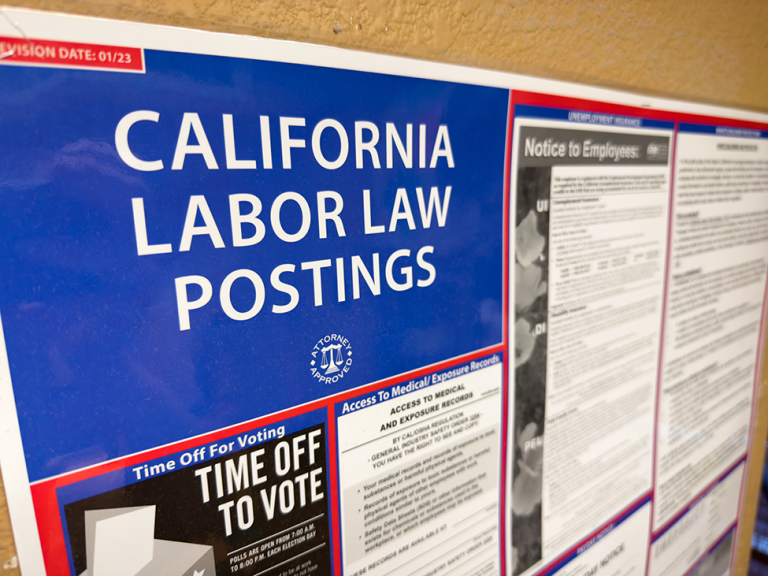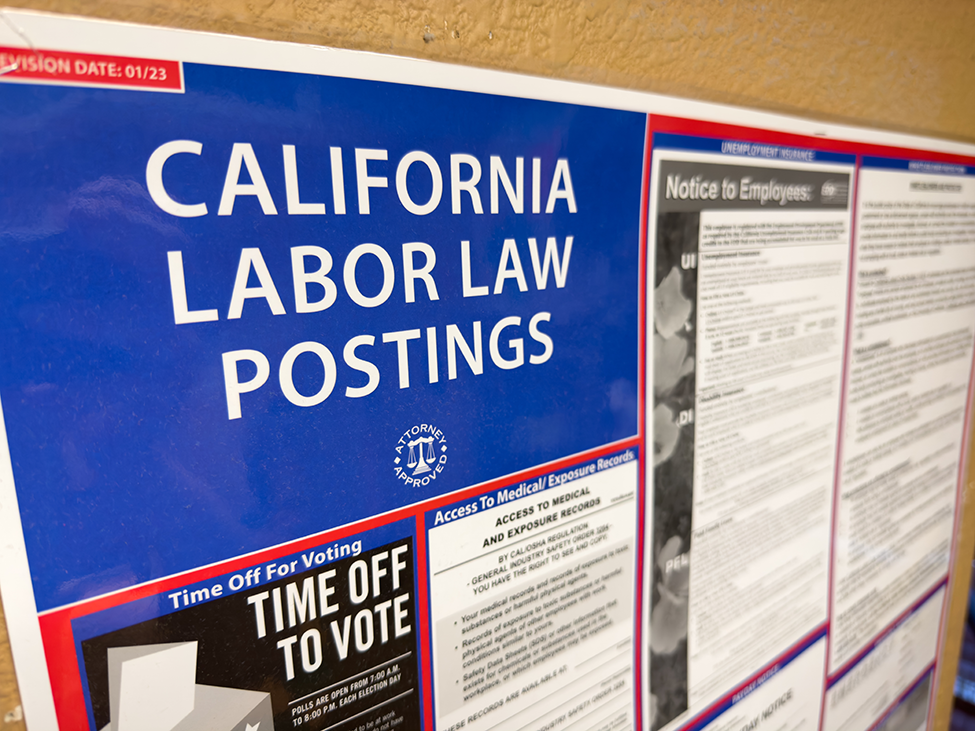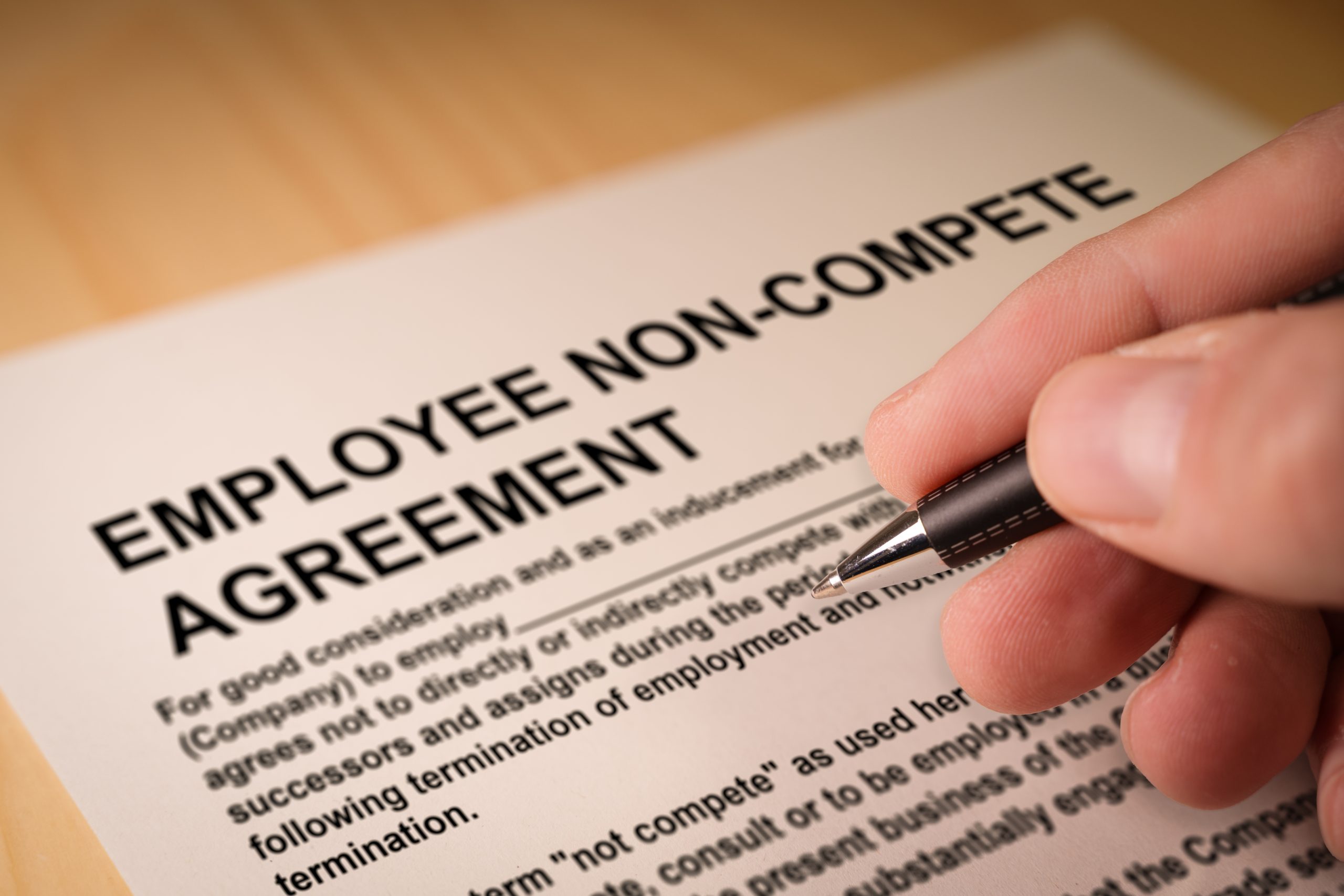[vc_row][vc_column][vc_column_text]Employment law offers legal recourse to the victims of workplace discrimination. Workplace discrimination occurs when an employer or potential employer treats an employee or applicant unfairly because of the worker's inclusion (or perceived inclusion) in a protected class. The most familiar type of discrimination is racial discrimination, where an employer treats certain workers differently because of the color of their skin. Race is just one of many protected classes in which a business can be accused of workplace discrimination. If you, as a worker, experiences discrimination because of any of the following reasons, you may have a legal case.
National origin or ancestry - Employers cannot treat you differently because of your heritage. This can include your country of origin or your parents' country or countries of origin. It also includes your perceived country of origin. An American worker of Chinese heritage being discriminated against because a coworker assumes he is from China can pursue a discrimination claim.
Religion or creed - Companies cannot discriminate against employees for their religious faith. An employer is not allowed to treat workers requesting certain religious accommodations differently from other workers. Religious discrimination cases involving the accommodation of prayer breaks for Muslims or Jewish holidays are often in the news.
Age - Employers cannot discriminate on the basis of age against any workers over the age of 40. Many companies may try to avoid hiring older workers out of a fear that they may only work a short period of time before retiring or will soon be physically unable to perform certain work duties. Refusing to hire older workers is age discrimination.
Disability - Employers are not allowed to treat workers or potential hires with a physical or mental disability, disclosed or undisclosed, differently. Interviewees are not even allowed to be asked about disability status. If you can perform the job duties, with or without reasonable accommodation, you cannot be treated differently.
Gender or gender identity - Companies are not allowed to treat any workers differently because of gender. It does not matter what a worker's gender is, what gender the worker identifies as, if any, or what gender the worker may be perceived as.
Sexual orientation - Workers who are treated differently due to their sexual orientation or perceived sexual orientation are experiencing discrimination.
Medical history - Employers cannot treat you differently because of a medical condition or your genetic information. While they can require a medical examination, the employer must require the exam from everyone and not just certain individuals they suspect have a medical condition. This includes pregnancy or the intent to become pregnant.
Relationship status - Businesses cannot discriminate against any worker on whether the worker is married, single, partnered, divorced, separated, etc.
Military status - Employers are not allowed to consider military or veteran status into consideration for any business practice. This includes active reserve members who may be called to service.
Workplace discrimination rules under employment law are extremely complex. But as a general rule, if you suspect you're experiencing employment discrimination at your job, write down why you think so. Do this for every instance of suspected discrimination. Provide your documentation to an employment law attorney to see if you are experiencing actionable discrimination. The Law Offices of Scott Warmuth offers free employment law consultations. Call us today at 888-517-9888 to speak with an expert today![/vc_column_text][/vc_column][/vc_row]
Protected Classes under Employment Law
Topics: Employment Law
Nov 05th, 2021










